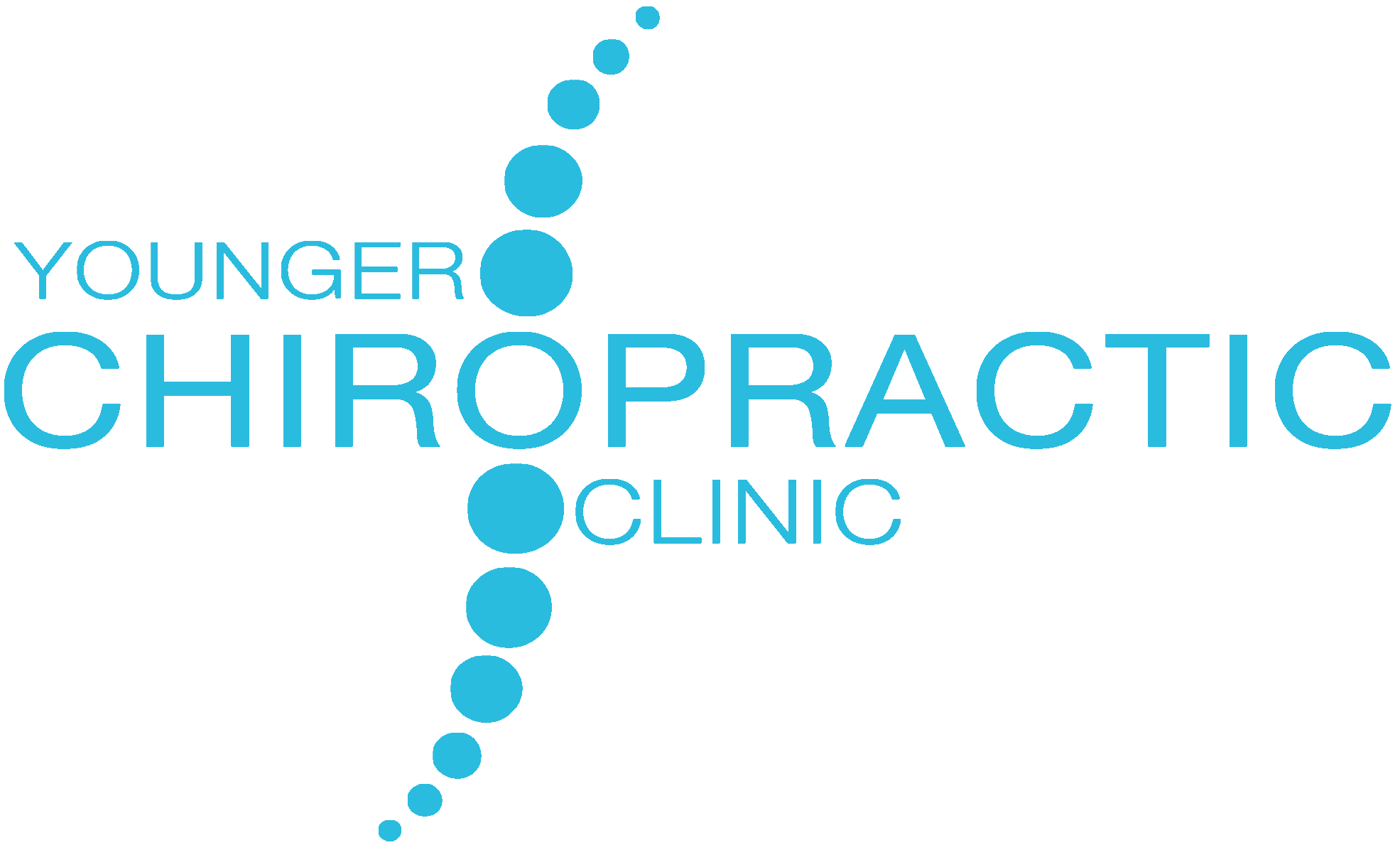 Carrying extra weight could extend the amount of time it takes for patients to recover from auto injuries, according to new research from the Department of Anesthesiology at University of North Carolina presented at the American Pain Society 33rd Annual Scientific Meeting. The findings suggest that the more overweight a person is, the more likely they are to experience back, neck, and shoulder pain after an auto accident.
Carrying extra weight could extend the amount of time it takes for patients to recover from auto injuries, according to new research from the Department of Anesthesiology at University of North Carolina presented at the American Pain Society 33rd Annual Scientific Meeting. The findings suggest that the more overweight a person is, the more likely they are to experience back, neck, and shoulder pain after an auto accident.
The Effects of Obesity on Auto Injury Pain
The UNC study was based on information retrieved from almost 916 adults who went to the emergency department at the university within 24 hours after a car accident. Overall, 37% were normal weight, 32% were overweight, 18% were obese, and the remaining 13% were morbidly obese.
Each participant reported their levels of pain in the neck, shoulders, and back using a 10 point scale (with zero meaning that they didn’t experience any pain at all and a 10 meaning their pain was excruciating and couldn’t get worse).
What researchers found was that the level of pain reported increased steadily for each of the weight classifications. This was true at the onset of the pain from the auto injury, as well as at the six month and one-year follow-up.
These results add to earlier research showing that obese drivers have a higher risk of dying in car accidents compared to normal weight drivers.
Losing Weight is a Must for Future Health
This means that getting to and staying at a lower, healthier weight is necessary for overall better health as well as to prevent future complications from auto injuries. The best action is a proactive action, and this is just one more reason to lose any excess pounds that you are currently carrying around.
Chiropractors are trained in relieving musculoskeletal pain after auto injuries, and many can also assist you in making smart dietary and exercise choices to support a healthy weight.
References
Lowry. F.Obesity boosts risk for persistent pain after car crash. Medscape News. May 15, 2015.
Taken from information presented at the American Pain Society 33rd Annual Scientific Meeting held in Tampa, Florida April 30th to May 3rd, 2014.

